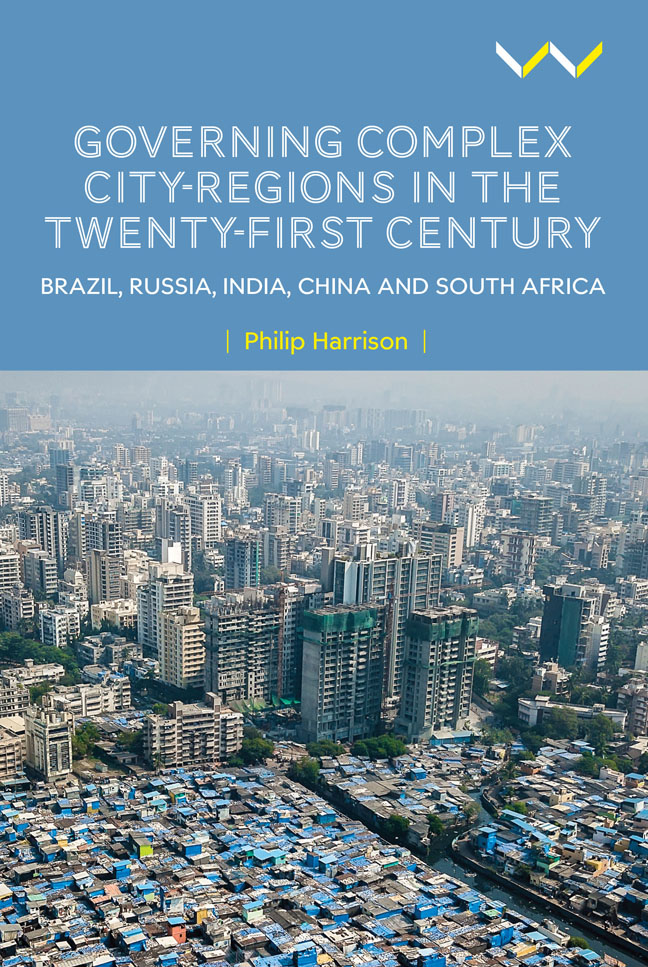 Governing Complex City-Regions in the Twenty-First Century
Governing Complex City-Regions in the Twenty-First Century Published online by Cambridge University Press: 02 March 2024
Introduction
A case in extremis
Of all cases in the BRICS (Brazil, Russia, India, China and South Africa) countries, China has attracted the most attention in the governance of its large urban agglomerations, and there is a good reason for this. China’s cities carry immense weight globally. The United Nations World Urbanization Prospects recognised 425 cities in mainland China with a combined population of 594 million (United Nations 2018). This is 23 per cent, nearly one-quarter, of the world total on both counts. Despite the increasing attention, urban scholarship on China is still underrepresented, relatively speaking. If we combine these cities into city clusters as China has done in its official policy, then we have three of the world’s largest agglomerations (the others being the megalopolis along the north-east coast of the USA, the ‘Blue Banana’ in western Europe, and the megaroporisu along the south coast of Japan).
A focus on China’s large urban agglomerations is important for other reasons. To begin, with its immense scale and rapid rate of development, China offers a case in extremis. Kathleen Eisenhardt et al. (2016, 1118) write that ‘it is hard to argue that studying a “talking pig” – an extreme case – is not valuable. Extreme cases are particularly relevant to Grand Challenges [highly complex problems] because studying these cases can create broad awareness of the focal challenge’.
Secondly, China’s city clusters provide a window into the governance dilemmas and contradictions faced by an authoritarian regime:
• the challenge of horizontal coordination within a vertically aligned political system;
• the economic benefits of agglomeration versus the political threats of large concentrations of people;
• the need to unleash local energies while maintaining control from above; and
• the practical requirements of managing the environmental spillovers and infrastructure requirements of mega-scale development.
In navigating the tensions, China has adopted a form of ‘state orchestrated rescaling’ although with varying degrees of managed, bottom-up initiatives and regionally based associational relationships (Wu 2016, 1134).
This chapter continues by locating the current dilemmas and practices within China’s political cultures and histories and in the materiality of contemporary urban development. It then turns to the development of the discourse on city clusters, reflecting both vernacular and international influences.
To save this book to your Kindle, first ensure [email protected] is added to your Approved Personal Document E-mail List under your Personal Document Settings on the Manage Your Content and Devices page of your Amazon account. Then enter the ‘name’ part of your Kindle email address below. Find out more about saving to your Kindle.
Note you can select to save to either the @free.kindle.com or @kindle.com variations. ‘@free.kindle.com’ emails are free but can only be saved to your device when it is connected to wi-fi. ‘@kindle.com’ emails can be delivered even when you are not connected to wi-fi, but note that service fees apply.
Find out more about the Kindle Personal Document Service.
To save content items to your account, please confirm that you agree to abide by our usage policies. If this is the first time you use this feature, you will be asked to authorise Cambridge Core to connect with your account. Find out more about saving content to Dropbox.
To save content items to your account, please confirm that you agree to abide by our usage policies. If this is the first time you use this feature, you will be asked to authorise Cambridge Core to connect with your account. Find out more about saving content to Google Drive.